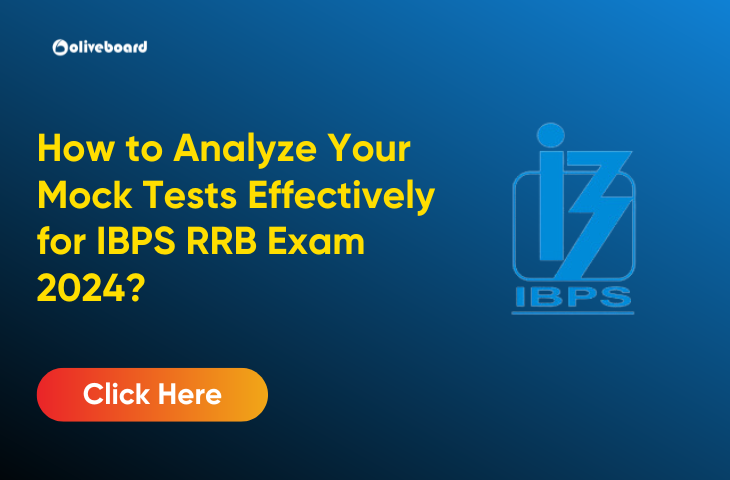How to Analyze Your Mock Tests Effectively for IBPS RRB Exam: The IBPS RRB PO Prelims Exam is scheduled to take place on the 3rd and 4th of August 2024, offering 3583 posts. The exam is set to be conducted in four shifts, and candidates must be prepared to face 80 questions in a span of 45 minutes. The exam comprises two sections: Reasoning and Quantitative Aptitude, each with 40 questions. To crack this competitive exam, one of the most crucial strategies is to analyze your mock tests effectively. This guide will help you understand how to use your mock test results to improve your performance and increase your chances of success.
Importance of Mock Tests for RRB PO Exam 2024
Mock tests are an integral part of exam preparation as they simulate the actual exam environment. They help you get accustomed to the exam pattern, time constraints, and the pressure of the real exam. Regularly taking mock tests can boost your confidence, enhance your time management skills, and identify your strengths and weaknesses.
IBPS RRB PO Prelims Exam Pattern
Before diving into the analysis process, let’s review the exam pattern for the IBPS RRB PO Prelims stage:
| Name of the Test | Medium of Exam | No. of Questions | Maximum Marks | Duration |
| Reasoning | Hindi/English/Regional Language | 40 | 40 | 25 minutes |
| Quantitative Aptitude | Hindi/English/Regional Language | 40 | 40 | 20 minutes |
| Total | | 80 | 80 | 45 minutes |
How to Analyze Your Mock Tests Effectively for the IBPS RRB Exam?
Candidates should first attempt the IBPS RRB PO Mock Test 2024 to understand their preparation level for the exam. Once the mock test is complete, they can follow the steps mentioned below to analyze their RRB PO Mock Test performance.
1. Review Your Scores
Start by reviewing your overall score and sectional scores. Compare them with the previous mock tests to gauge your progress. Note down the scores of each section to understand which area needs more attention.
2. Analyze Time Management
Time management is crucial in competitive exams. Check how much time you spent on each section and question. Identify questions that took more time and understand why. Did you spend too much time on difficult questions? Did you rush through easy ones and make silly mistakes? This analysis will help you optimize your time management strategy.
3. Identify Weak Areas
Look for patterns in your mistakes. Are you consistently getting certain types of questions wrong? For instance, you might struggle with puzzles in Reasoning or data interpretation in Quantitative Aptitude. Make a list of these weak areas and focus on improving them.
4. Examine Accuracy
Accuracy is as important as speed. Review the questions you got wrong and understand the reason behind each mistake. Was it a conceptual error, a calculation mistake, or a misinterpretation of the question? Work on improving your accuracy by revising concepts and practicing similar questions.
5. Evaluate Question Selection
Selecting the right questions to attempt is key to maximizing your score. Analyze whether you chose the right questions to attempt first. Did you miss out on easy questions because you spent too much time on difficult ones? Develop a strategy to identify and attempt the easier questions first to secure those marks quickly.
6. Focus on High-Weightage Topics
Some topics carry more weight than others. For example, in Reasoning, puzzles and seating arrangements are crucial, while in Quantitative Aptitude, data interpretation and arithmetic problems are significant. Ensure you have a strong grasp of these high-weightage topics and practice them regularly.
7. Mock Test Frequency
Taking mock tests regularly is essential, but don’t overdo it. Analyze the frequency of your mock tests. It’s advisable to take 2-3 mock tests per week and spend ample time analyzing them. This balance will help you improve steadily without burning out.
8. Review Solutions and Explanations
Go through the solutions and explanations provided for each question in the mock test. This will help you understand the correct approach to solving questions you got wrong or found difficult. Learning from these explanations will enhance your problem-solving skills.
9. Set Realistic Goals
Set achievable goals for each mock test. For example, aim to improve your score by a certain number of marks or to reduce the number of incorrect answers. Setting and achieving these small goals will keep you motivated and focused.
10. Adapt Your Study Plan
Based on your mock test analysis, adapt your study plan. Allocate more time to weak areas and revise strong areas to maintain your performance. Ensure you balance your preparation between practicing new questions and revising old ones.
11. Practice Under Exam Conditions
To make your mock test practice more effective, simulate exam conditions as closely as possible. Sit in a quiet place, time yourself strictly, and avoid any interruptions. This will help you build the stamina and concentration needed for the actual exam.
12. Stay Positive and Confident
Finally, maintaining a positive attitude and confidence is crucial. Mock tests are tools to help you improve, not to discourage you. Learn from your mistakes, celebrate your improvements, and stay motivated.
Conclusion
Effectively analyzing your mock tests is a game-changer in your IBPS RRB PO Prelims exam preparation. It helps you identify your strengths and weaknesses, improve your time management and accuracy, and develop a strategic approach to the exam. By following the steps outlined in this guide, you can make the most of your mock test practice and enhance your performance significantly. Remember, consistent practice, thorough analysis, and a positive mindset are the keys to success. Best of luck with your preparation.
Also, Read:
- IBPS RRB PO Prelims Admit Card 2024 Out
- RRB PO Exam Center List 2024
- How do I analyze the mock test for IBPS RRB PO?
- IBPS PO Vacancy 2025 Out, 5208 Vacancies Released, Latest Update

- IBPS AFO Full Form, Know Everything on AFO Full Form
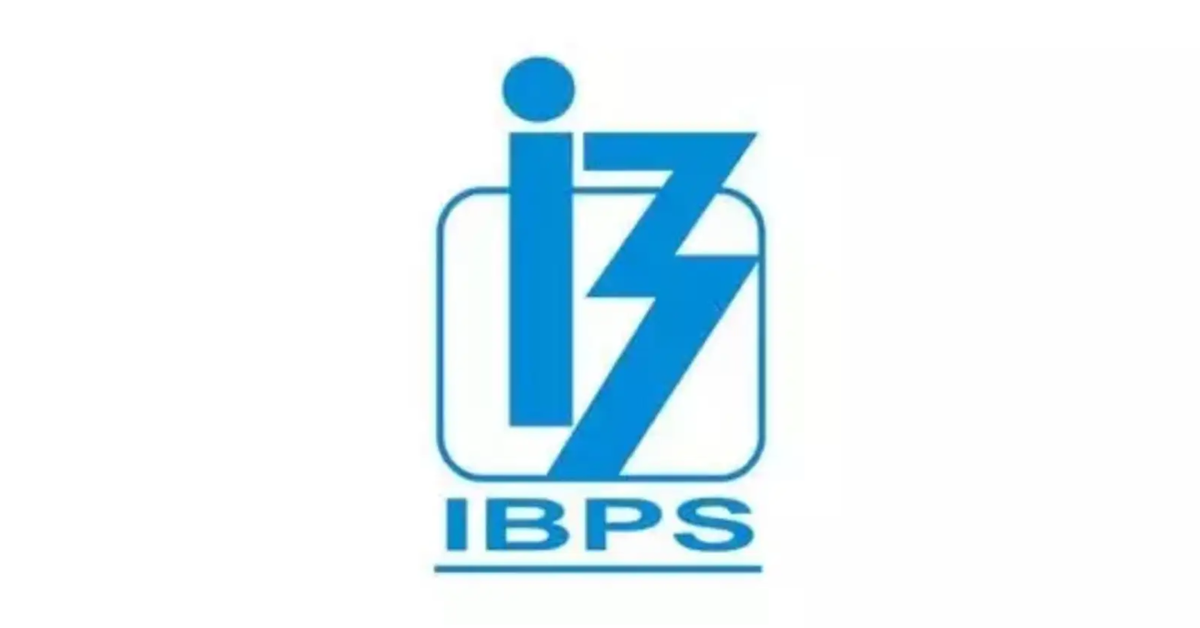
- IBPS SO Prelims Shift Timings & Exam Day Instruction, Know Here

- IBPS PO Interview Questions 2025, Expected Questions to Prepare
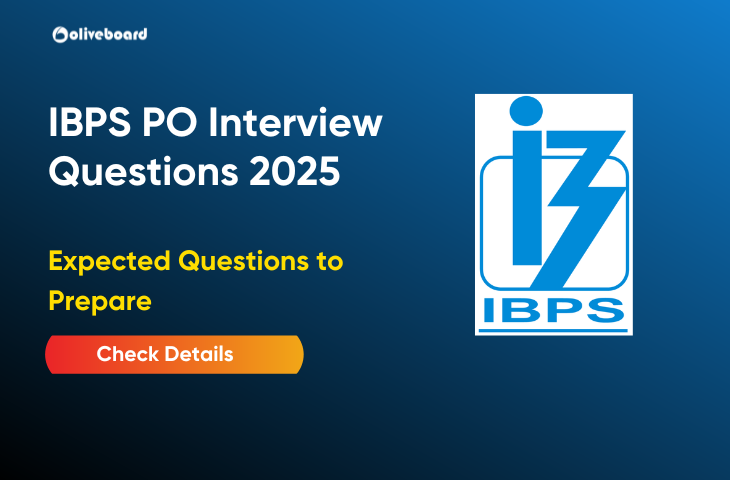
- Revised IBPS Calendar 2025 Out, PO, Clerk, RRB New Dates
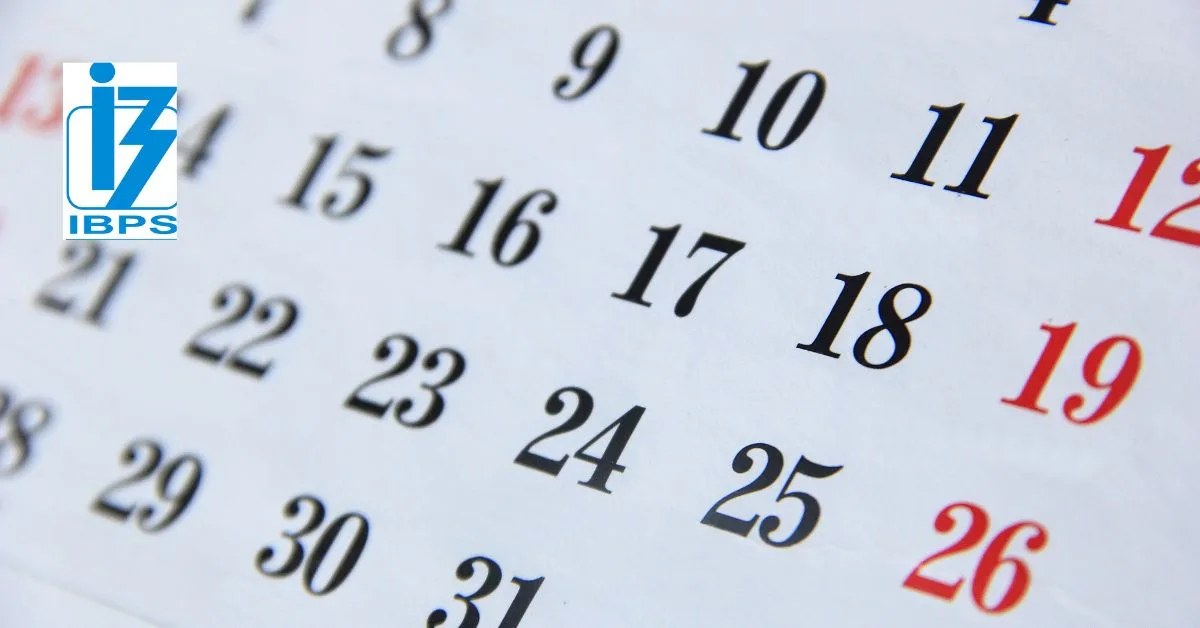
- IBPS Exam Calendar 2025 Revised, Key Changes, and What Aspirants Need to Know
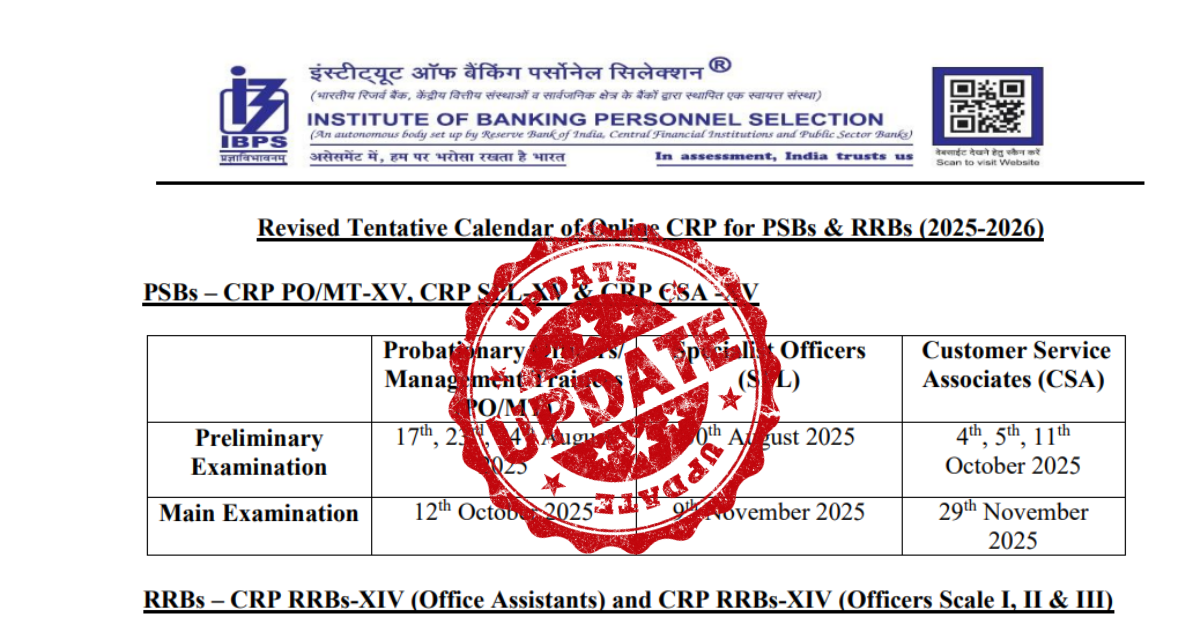

Hello, I’m Aditi, the creative mind behind the words at Oliveboard. As a content writer specializing in state-level exams, my mission is to unravel the complexities of exam information, ensuring aspiring candidates find clarity and confidence. Having walked the path of an aspirant myself, I bring a unique perspective to my work, crafting accessible content on Exam Notifications, Admit Cards, and Results.
At Oliveboard, I play a crucial role in empowering candidates throughout their exam journey. My dedication lies in making the seemingly daunting process not only understandable but also rewarding. Join me as I break down barriers in exam preparation, providing timely insights and valuable resources. Let’s navigate the path to success together, one well-informed step at a time.
